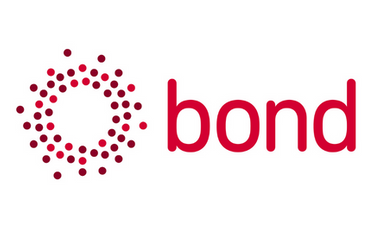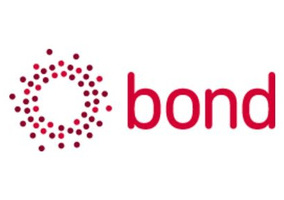Many of the UK’s international development charities have neglected the deeper structural drivers of poverty and inequality, according to a report commissioned by umbrella body Bond.
Bond’s report says that many international non-governmental organisations (INGOs) in the UK reinforce a “Eurocentric development model” that assumes that economic development is “completely due to the innate qualities” of countries in the Global North.
This means that international development is “understood in isolation from global structures such as colonialism, imperialism and the slave trade”, the report written by economists Surbhi Kesar and Ingrid Harvold Kvangraven says.
The researchers analysed the websites of 122 Bond members and suggested that INGOs could play a “transformative role” if they adjusted their operations to a decolonisation agenda.
They recommended that INGOs support strengthening local labour laws to help increase workers’ bargaining power, advocate for policies in lower-income countries to increase social spending and provide support to smaller organisations to bargain against their larger counterparts.
The researchers also urged INGOs to support groups that can be actors of change, rather than just including them in projects or having them align their strategies.
“The feasibility of this happening, however, is open for debate, given the political and historical role of INGOs to date and who funds and governs INGOs,” the research states.
‘Go beyond fixing the holes of the current broken system’
Sandra Martinsone, policy manager in sustainable economic development at Bond, said: “With this report, we hope to stimulate and deepen public debate on the role of INGOs to go beyond fixing the holes of the current broken system.
“The proposed framework is not a recipe for decolonising INGOs but a tool to critically question and rethink how we understand and approach development and challenge Eurocentric approaches to economic development in the majority world.
“This research will be relevant to INGOs beyond the UK and the broader international development community – think tanks, academia, policymakers, donors, finance institutions.”
Authors of the report Kesar and Kvangraven said: “It’s time for the development sector to contend with the Eurocentric framework of the development project in which it is embedded.
“However, given that the interventions of the sector often take the shape of a ‘governance of the poor’ in service of the status quo, the extent to which the sector can actually break from this framework remains uncertain.”
Related Articles












